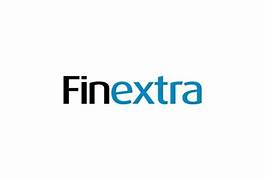Inconsistent Stablecoin Rules Put Small Players at a Disadvantage
The global stablecoin market is hindered by a patchwork of regulations, creating barriers for startups and smaller crypto service providers. Larger players dominate the space, while innovators face high compliance costs. This imbalance could reshape the future of cross-border digital transactions.





